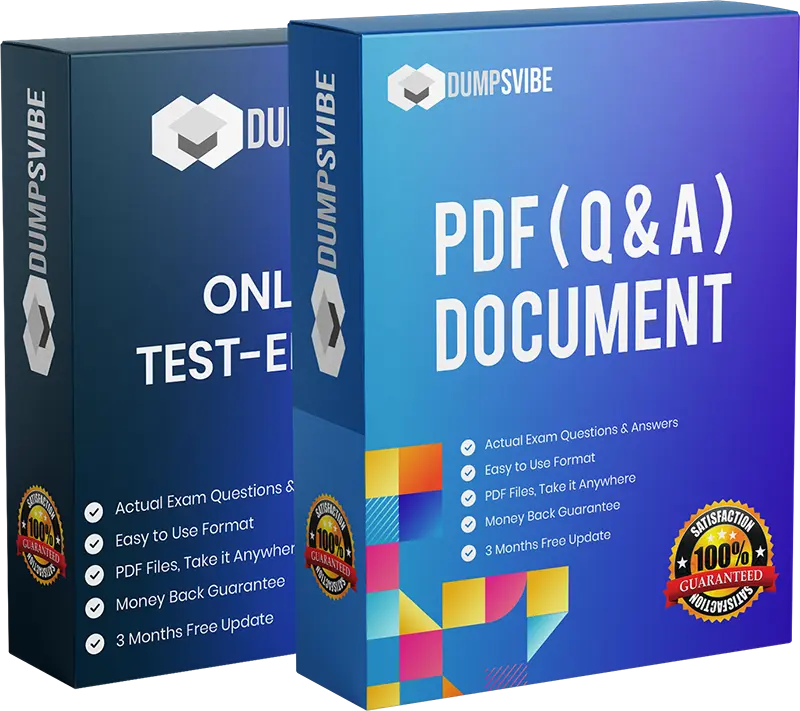
Cisco 300-510 Exam Dumps
Implementing Cisco Service Provider Advanced Routing Solutions
Last Week 300-510 Exam Results
Customers Passed Cisco 300-510 Exam
Average Score In Real 300-510 Exam
Questions came from our 300-510 dumps.
Authentic Exam Dumps for 300-510
Master Your Preparation for the Cisco 300-510
Our team of highly skilled and experienced professionals is dedicated to providing updated and accurate study material in PDF format for our valued customers. Our material accumulators ensure that our students successfully achieve more than 90% marks in the Cisco 300-510 exam. We understand the importance of keeping the material up-to-date, and any changes in the Cisco 300-510 dumps file are communicated promptly to our students. We value your time and investment and make every effort to provide you with the best resources available. Rest assured, there is no room for error as we strive for excellence.
Friendly Support Available 24/7:
Our team is available round the clock to provide guidance and support. If you have questions or need assistance, feel free to reach out to us anytime. We are here to ensure you have access to the complete study material required to pass your Cisco 300-510 with remarkable marks.
Recognized Dumps for Cisco 300-510:
At Dumpsvibe, our experts are committed to delivering accurate and reliable material for your Cisco 300-510 exam. To achieve sweeping success, it is essential to enroll in our comprehensive preparation program. We provide genuine material that will help you excel with distinction. Our provided material mirrors the exam questions and answers, enabling you to prepare effectively. Our dedicated team works tirelessly to ensure our customers can pass their exams on their first attempt without any trouble.
Cisco 300-510 Questions:
We offer our students real exam questions with a 100% passing guarantee, allowing them to successfully pass their Cisco 300-510 exam on their first try. Experienced experts have meticulously crafted our Cisco 300-510 dumps PDF to match the model of the real exam question answers you will encounter during your certification journey.
Related Exams
Question # 1An engineer is troubleshooting slow performance issues on a customer’s network after the last multicast configuration change was applied on it While checking the running configuration on the router the engineer notices there are many ip igmp join-group commands applied on several interfaces of the router which caused the high CPU utilization usage. What action must the engineer take to solve this issue?
A. Configure ip igmp static-group command on all interfaces
B. Remove ip igmp join-group command on all unnecessary interfaces
C. Configure all router interfaces to be process-switched by increasing the query interval
D. Remove unnecessary members from the IGMP group
Question # 2
For which reason do you deploy BGP confederations within a BGP transit backbone?
A. to support a larger number of eBGP peer sessions
B. to increase the number of routes that can be redistributed between the running IGP and
BGP
C. to reduce the number of eBGP routes that must be shared between autonomous
systems
D. to reduce the number of iBGP peering sessions
Question # 3
Explanation: Some level of load balancing is achieved by default as BGP prefers shortest AS_PATH for certain prefix (Cisco BGP path selection algorithm - rule 4) . If 1-7 rules gives no preference for certain prefix then with rule 8. Prefer lowest IGP metric to BGP next hop we can force traffic to R2 or R3 influencing load distribution.
A. commit the configuration
B. roll back the configuration
C. merge the configuration
D. save the running configuration
Question # 4
In a PIM-SM environment, which mechanism determines the traffic that a receiver receives?
A. The receiver explicitly requests its desired traffic from the RP on the shared tree.
B. The receiver explicitly requests traffic from a single source, which responds by
forwarding all traffic.
C. The RP on the shared tree floods traffic out of all PIM configured interfaces.
D. The receiver explicitly requests traffic from each desired source, which responds by sending all traffic.
Question # 5
Which two differences should be considered when deciding whether to implement to implement routing policies or route maps? (Choose two.)
A. Sequences are added after implementing a route map, but routing policies must be reconfigured when change is needed.
B. Route maps are implemented using hierarchical policies, but routing policies must be
implemented sequentially
C. Route maps require an explicit deny at the end of the sequence, but routing policies
have an implicit deny at the end of the program.
D. Route policies require sequence numbers, but route maps are implemented without
sequencing.
E. Route maps are supported in Cisco 10S Software and routing policies are supported in
Cisco IOS XR Software.




